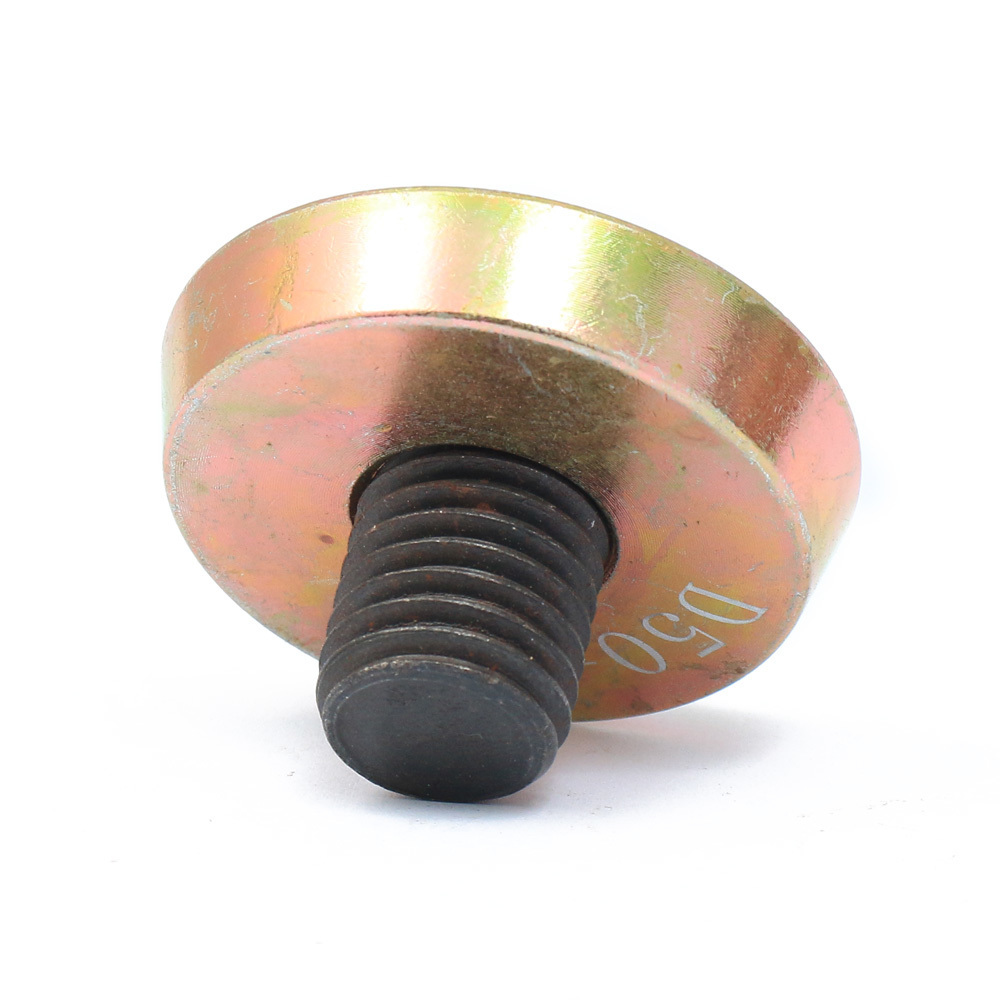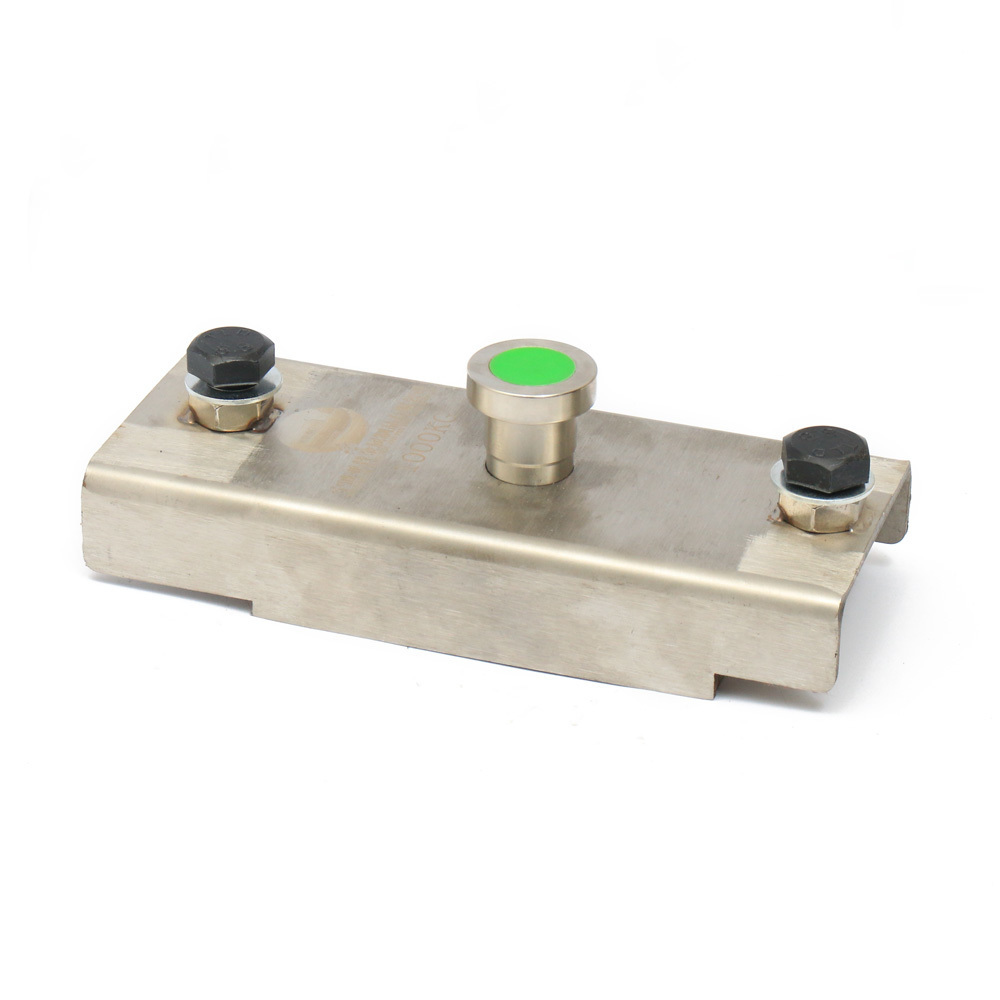Revolutionizing Electrical Applications with Modular Precast Magnets: The Future of Electromagnetic Solutions
Revolutionizing Electrical Applications with Modular Precast Magnets Table of Contents 1. Introduction to Modular Precast Magnets 2. What are Modular Precast Magnets? 3. Advantages of Modular Precast Magnets in Electrical Applications 4. Design and Fabrication Process of Modular Precast Magnets 5. Applications of Modular Precast Magnets Across Industries 6. Comparison with Traditional
Revolutionizing Electrical Applications with Modular Precast Magnets
Table of Contents
- 1. Introduction to Modular Precast Magnets
- 2. What are Modular Precast Magnets?
- 3. Advantages of Modular Precast Magnets in Electrical Applications
- 4. Design and Fabrication Process of Modular Precast Magnets
- 5. Applications of Modular Precast Magnets Across Industries
- 6. Comparison with Traditional Magnetic Solutions
- 7. Future Trends in Magnetic Materials and Technologies
- 8. Frequently Asked Questions (FAQs)
- 9. Conclusion: Embracing the Future of Electromagnetism
1. Introduction to Modular Precast Magnets
The field of electromagnetic applications continues to evolve at an astonishing pace. Among the groundbreaking innovations, **modular precast magnets** stand out for their unique capacity to enhance efficiency and functionality across various sectors. These magnets are engineered to be adaptable, providing solutions that cater to specific needs in electrical applications. As we explore the transformative power of these materials, we will uncover their benefits, design methodologies, and real-world applications.
2. What are Modular Precast Magnets?
Modular precast magnets are highly engineered magnetic materials designed to offer versatility and efficiency. Unlike traditional magnetic solutions, they can be customized to fit specific designs and requirements, making them ideal for a wide array of applications. Constructed using advanced magnetic materials, these magnets are produced in sections or modules that can be combined to create larger units. This modularity allows for easy installation and maintenance, setting them apart from conventional fixed magnets.
2.1 Key Components of Modular Precast Magnets
The primary components of modular precast magnets include:
- **Magnetic cores:** Made from high-performance magnetic materials, these cores provide the foundation for magnetic strength and efficiency.
- **Encasements:** Protective casings that not only safeguard the internal components but also contribute to the overall design aesthetics.
- **Connection interfaces:** These modular connections allow for easy assembly and disassembly, facilitating flexibility in design and application.
3. Advantages of Modular Precast Magnets in Electrical Applications
Modular precast magnets offer a plethora of benefits that make them the preferred choice for modern electrical applications.
3.1 Enhanced Customization
These magnets can be tailored to meet specific needs, such as size, shape, and magnetic strength. This customization facilitates their use in a variety of applications, ranging from small electronic devices to large industrial machinery.
3.2 Improved Efficiency
The design and material selection for modular precast magnets contribute to higher efficiency in energy transfer and reduced power loss, which is crucial for energy-sensitive applications.
3.3 Cost-Effective Solutions
While the initial investment may be higher, the longevity and low maintenance requirements of modular precast magnets lead to significant cost savings over time. Their durability reduces the frequency of replacements, further enhancing their cost-effectiveness.
3.4 Easy Installation and Maintenance
The modular nature of these magnets allows for straightforward installation. Additionally, their design simplifies maintenance procedures, reducing downtime for operations.
4. Design and Fabrication Process of Modular Precast Magnets
Creating modular precast magnets involves a series of critical design and fabrication steps that ensure optimal performance and reliability.
4.1 Design Considerations
When designing modular precast magnets, engineers must consider factors such as:
- **Magnetic field requirements:** Determining the strength and distribution of the magnetic field based on the intended application.
- **Material selection:** Choosing from a range of high-performance magnetic materials to achieve the desired magnetic properties.
- **Module configuration:** Designing modules to facilitate easy connectivity and scalability.
4.2 Fabrication Techniques
The fabrication of these magnets typically involves:
- **3D printing:** A revolutionary technique that allows for precise manufacturing of complex geometries.
- **Injection molding:** Commonly used for producing the encasements, ensuring uniformity and durability.
- **Quality control:** Rigorous testing and inspection processes to guarantee the performance and reliability of the finished product.
5. Applications of Modular Precast Magnets Across Industries
Modular precast magnets find applications across a range of industries, demonstrating their versatility and effectiveness.
5.1 Electronics and Consumer Goods
In the electronics sector, these magnets are used in various devices, including smartphones, speakers, and electric motors, enhancing performance while minimizing power consumption.
5.2 Automotive Industry
The automotive sector employs modular precast magnets in electric vehicles (EVs) and hybrid systems, contributing to energy efficiency and improved performance.
5.4 Renewable Energy Solutions
In wind and solar energy systems, these magnets play a critical role in the generation of clean energy, optimizing the efficiency of energy conversion processes.
6. Comparison with Traditional Magnetic Solutions
When considering magnetic solutions, a comparison between modular precast magnets and traditional magnets reveals significant advantages.
6.1 Versatility
Traditional magnets often lack the customizable features of modular precast magnets, which can be tailored to meet specific design requirements.
6.2 Performance
Modular precast magnets generally exhibit superior performance metrics, including higher energy density and improved efficiency.
6.3 Maintenance and Durability
Unlike traditional magnets, which may require frequent replacements, modular precast magnets are designed for longevity and minimal upkeep, resulting in lower lifecycle costs.
7. Future Trends in Magnetic Materials and Technologies
As technology advances, the landscape of magnetic materials is poised for further transformation. Key trends to watch include:
7.1 Advancements in Material Science
The development of new materials with enhanced magnetic properties will continue to push the envelope of what is possible with modular precast magnets.
7.2 Integration with Smart Technologies
The rise of IoT and smart technologies will lead to greater integration of modular precast magnets in intelligent systems, enhancing their functionality and efficiency.
7.3 Sustainability Initiatives
A focus on sustainability will drive innovations in magnetic materials that are environmentally friendly and recyclable, ensuring a greener future for electromagnetic technologies.
8. Frequently Asked Questions (FAQs)
8.1 What makes modular precast magnets different from traditional magnets?
Modular precast magnets are customizable and designed for specific applications, offering superior performance and ease of maintenance compared to traditional magnets.
8.2 In which industries are modular precast magnets primarily used?
These magnets are widely used in electronics, automotive, renewable energy, and many other industries due to their versatility and efficiency.
8.3 How are modular precast magnets manufactured?
They are fabricated using advanced techniques such as 3D printing and injection molding, ensuring high precision and quality.
8.4 What are the advantages of using modular precast magnets in electric vehicles?
They enhance energy efficiency, reduce weight, and improve the overall performance of electric and hybrid vehicles.
8.5 Are modular precast magnets cost-effective in the long run?
Yes, their durability and low maintenance requirements result in significant cost savings over time, making them a cost-effective solution.
9. Conclusion: Embracing the Future of Electromagnetism
Modular precast magnets are at the forefront of revolutionizing electrical applications, offering unique advantages that cater to the demands of modern industries. Their customizable nature, improved efficiency, and ease of installation position them as a game-changer in the world of electromagnetic technology. As we continue to explore innovative solutions in this field, embracing modular precast magnets will undoubtedly lead to enhanced performance and sustainability across various applications. The future of electromagnetism is bright, and it begins with these groundbreaking materials.
MORE
13 Aug,2025
Understanding Precast Socket Magnets: The Innovative Solution in Magnetic Materials
Precast socket magnets are a type of magnet that has gained popularity in the field of electrical engineering, particularly in the realm of magnetic materials. These innovative magnets are designed to be integrated into various applications seamlessly, offering numerous benefits that enhance functionality and efficiency. Understanding the characteristics and advantages of precast socket magnets ca
DETAILS
13 Aug,2025
Precast concrete magnets are an innovative combination of building materials and magnetic technology.
DETAILS


